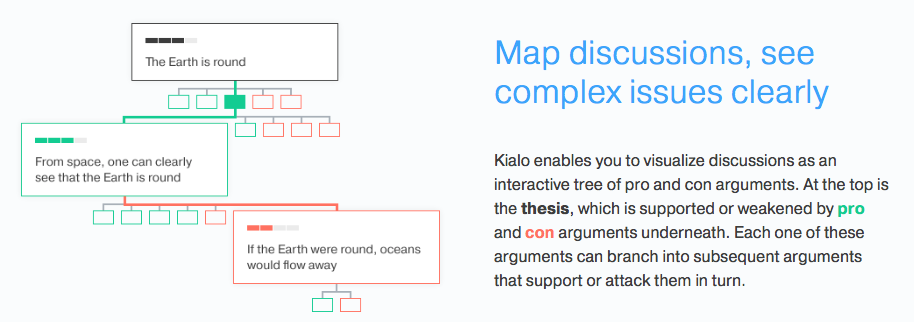So the other day I quickly tweeted a few things.
https://twitter.com/BryantD/status/1008728548754898947
The aftermath was wild. The first tweet got just over 1 million impressions. Around 48K people interacted with it. 8K likes. Jake Tapper is now following me, but I’m more fanstruck by Eric Heisserer.
The retweeter with the biggest audience was Cory Doctorow, at 437K. He also picked it up for Boing Boing, although he didn’t ask. On the one hand, he didn’t need to ask. On the other hand, Dorkly politely checked with me first. On the third hand, someone at Boing Boing photoshopped Trump’s hair on top of Eric’s head. Meh, screw them.
After Doctorow, the retweeter with the most followers was this voice actor whose name I’m spacing, at around 100K. From there it follows the usual distribution. I spent two days hoping nobody with a million+ followers would pick it up. “OK, guys, you can stop telling Critical Role to look at this now.” I watched it spread through liberal online journalism Twitter (you know, Vox et al) and through Catholic Twitter (“wait, is that a Jesuit priest?”). If I had to guess I’d say it was mostly spreading through tabletop gaming circles, though. That’s just a kinda wide set of circles now.
I only had a handful of people yelling at me. Some people felt I was naive for thinking kindly of Catholics; those people kind of missed the point. I met and chatted with a few really cool people and I have about 500 new followers, all of whom I followed back. I will trim a few over time (sorry, but if you retweet Louise Mensch as a reliable source I’m gonna be elsewhere) but in general I feel like I have expanded my Twitter universe in a cool way. I also reconnected with a few old friends and had a brief but nice conversation with my freshman year roommate, which oddly allowed me to let go of some stuff I’ve been carrying around for decades.
Three reporters chatted with me. None of them found a story in the tweets, although one guy has another angle he’s working on. I think that’s correct. I don’t have a good enough memory of that year to build a story. I just had an emotional anecdote with a killer stinger and a call to action.
I’m really happy about the call to action.
Final lesson here: tell your stories. You never know what’s going to resonate.

